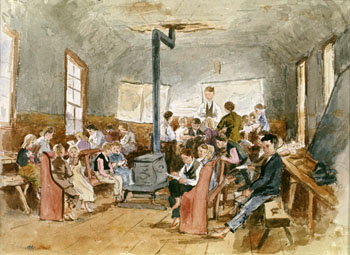Macleans
Canada's University System Ailing
AS A RULE OF THUMB, it's rarely a good idea for governments to play Hood Robin: taking money from the poor so they can spend it on the rich. Yet that's what the government of Quebec is doing as it sets university tuition fees.This article was originally published in Maclean's Magazine on September 6, 2004





